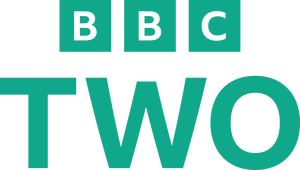
BBC Two
BBC Two TV Shows
1963 shows • Page 85 of 99
 0
0The Good Old Way
Four part series about British folk music, originally aired on BBC2
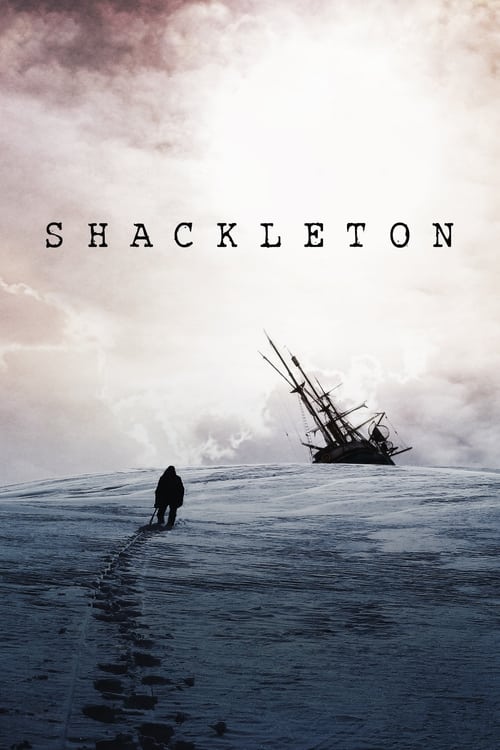
Shackleton
A four-part drama adaptation about the life of polar explorer Sir Ernest Shackleton. Based on Shackleton’s own journals. In 1914 Ernest Shackleton chooses to lead a team on their famous journey aboard the Endurance. When the ship is trapped and crushed by pack-ice, Shackleton and five of his men embark on a desperate 800-mile journey from Elephant Island to South Georgia.
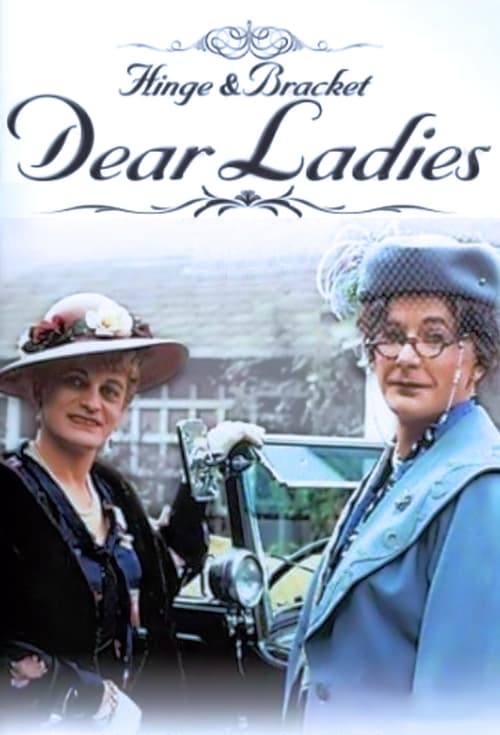
Dear Ladies
Dear Ladies is a series of half-hour episodes starring Dame Hilda Bracket and Doctor Evadne Hinge, portraying a genteel English inter-war world of cucumber sandwiches, bell ringing, bowls tournaments, church fetes and old-fashioned values recalled through the ladies, who live in the small town of Stackton Tressell.
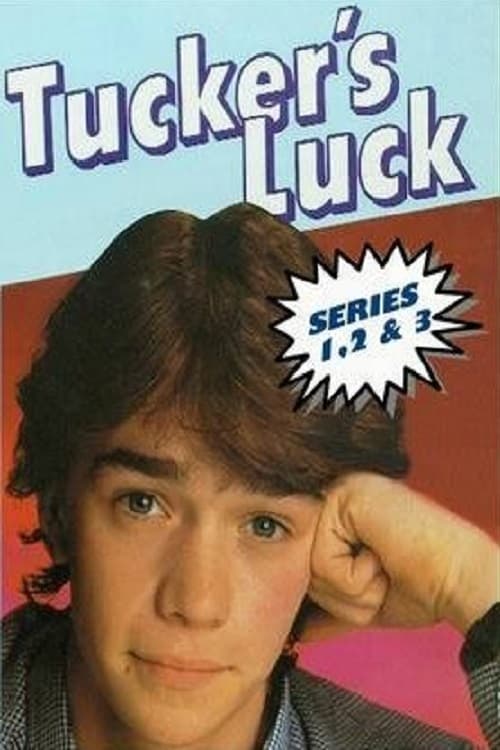
Tucker's Luck
Tucker's Luck was a British television series made by the BBC between 1983 and 1985. The series is a spin-off from the school drama Grange Hill and capitalised on the popularity of one of the series' original characters — Peter "Tucker" Jenkins, played by Todd Carty. Tucker's Luck followed the exploits of Tucker and his friends, Alan Humphries and Tommy Watson, after they had left school and their attempts to find employment and cope out there in the "real world". Three series were made, with several former Grange Hill cast members reprising their roles for the spin-off, although the programme never came close to matching the popularity of Grange Hill. The third and final series saw the first appearances of Tucker's younger sister, eight-year old Rhona, and Tucker's elder brother Barry.
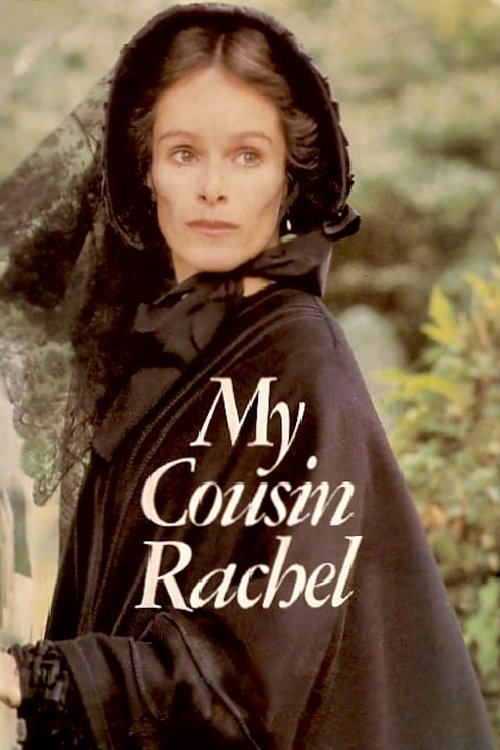
My Cousin Rachel
 0
0States of Mind
Series of programmes about psychology, in which Jonathan Miller talks to eminent psychologists about their theories and beliefs.
 0
0Just So Stories
Just So Stories is an 80's BBC series animated by Sheila Graber, based on the collection of short childrens stories by Rudyard Kipling.
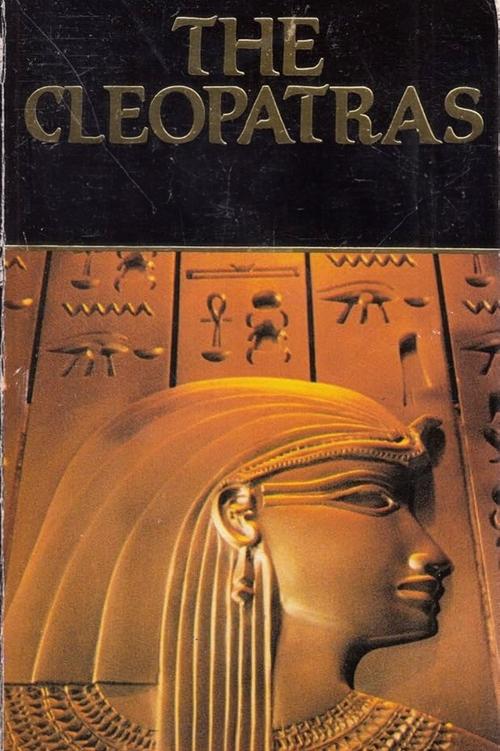
The Cleopatras
Eight-part drama covering the lives of the queens of Egypt from Cleopatra II in 145 BC to the death of the famous Cleopatra VII in 30 BC.
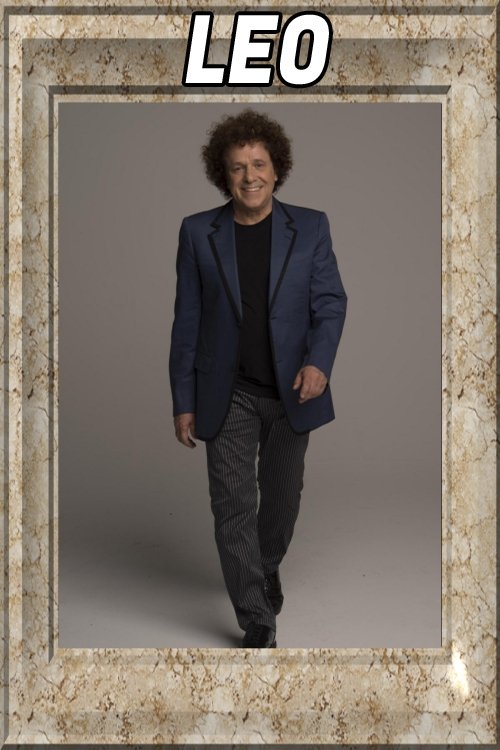 0
0Leo Sayer
Leo Sayer brings us new songs and old hits, with added glamour from his dancers Total Eclipse, in this series of six episodes, featuring guest stars.

Making the Most of the Micro
Making the Most of the Micro was a TV series broadcast in 1983 as part of the BBC's Computer Literacy Project. It followed the earlier series The Computer Programme. Unlike its predecessor, Making the Most of the Micro delved somewhat deeper into the technicalities and uses that microcomputers could be put to, once again mainly using the BBC Micro in the studio for demonstration purposes. The series was followed by Micro Live.
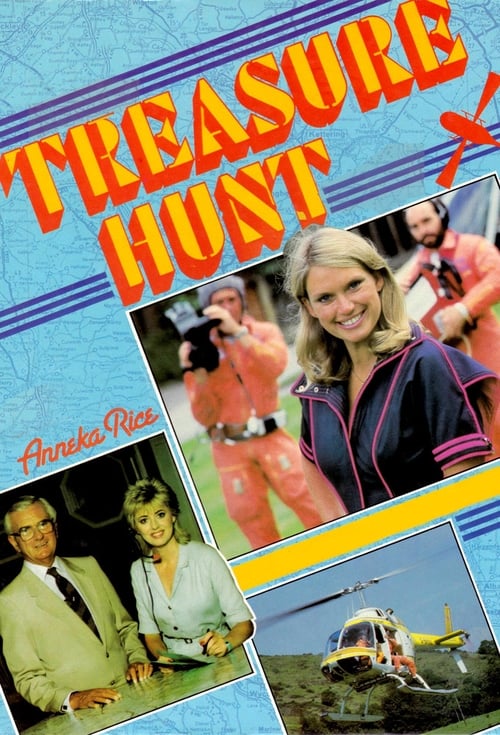
Treasure Hunt
Helicopter skyrunner Anneka Rice races against the clock to find directions to treasure at locations worked out by studio guests from cryptic clues.
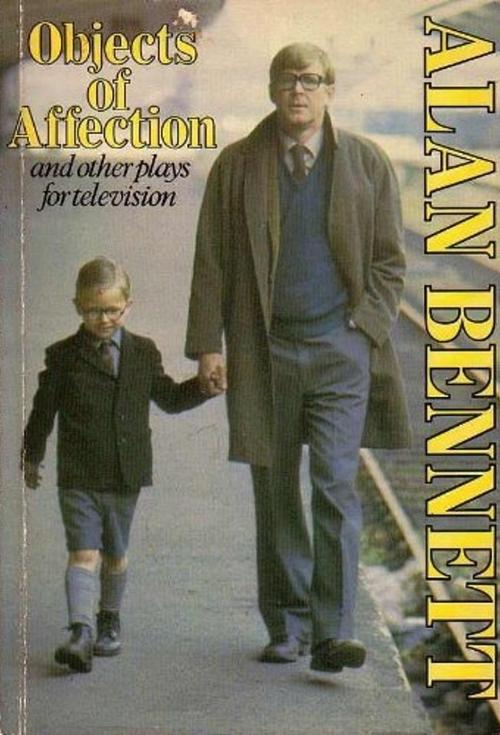
Objects of Affection
A series of plays written by Alan Bennett.
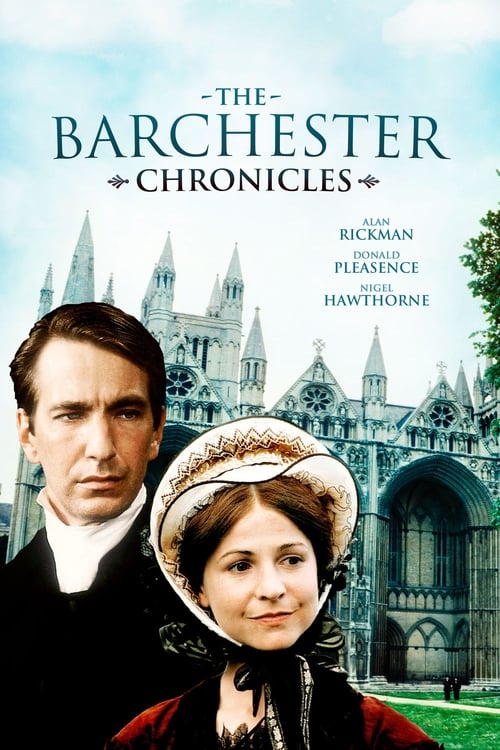
The Barchester Chronicles
Against the sumptuous background of Peterborough Cathedral and its environs, one is carried into Trollope's world of the intriguing machinations of the clerical establishment of Barchester. Backed by the authenticity of the period detail, the portrayal of all the characters accurately conveys the whole range of human emotions within the stories.
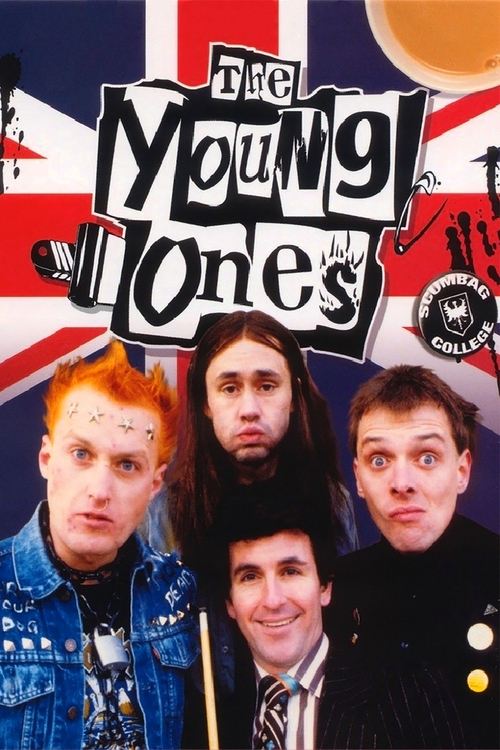
The Young Ones
The misadventures of four lunatic students who live in a shared student house. There's Rick, the overblown political one addicted to Cliff Richard, Vyvyan the experimental scientific one/part-time anarchist, Neil the worried hippy, and Mike the ladies' man (at least he is in his mind).
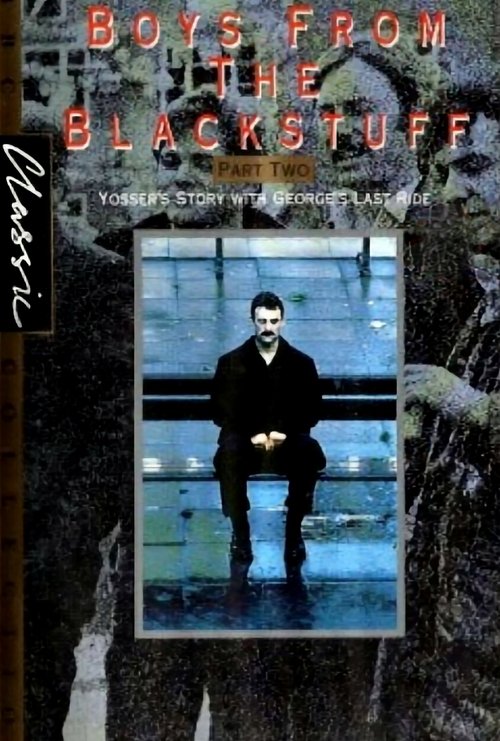
Boys from the Blackstuff
Alan Bleasdale's five-part series relates the further experiences of unemployed Liverpudlian tarmac layers Dixie, Chrissie, Loggo and Yosser, and their revered older friend, retired longshoreman and union leader, George Malone. As they struggle to make ends meet in a depressed economy, and to hold together their financially battered families, they are harrassed by the petty bureaucrats of the DHSS. But the lumbering investigational juggernaut is, both comically and tragically, guided by drivers with only a provisional license.
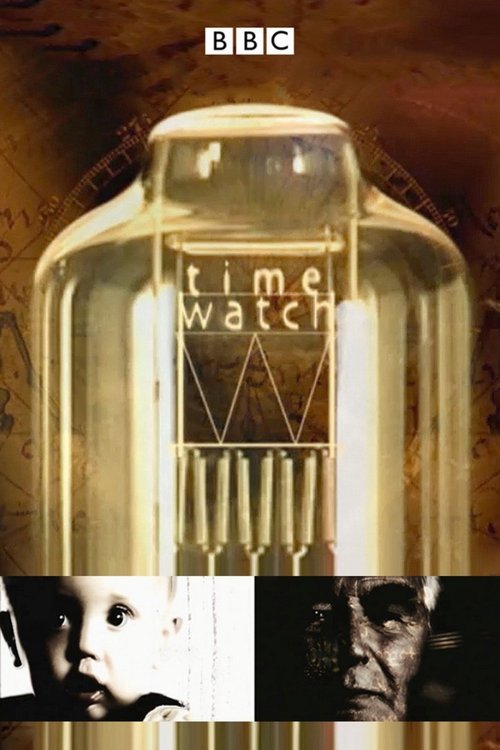
Timewatch
Timewatch is a long-running British television series showing documentaries on historical subjects, spanning all human history. It was first broadcast on 29 September 1982 and is produced by the BBC, the Timewatch brandname is used as a banner title in the UK, but many of the individual documentaries can be found on US cable channels without the branding.

There's A Lot Of It About
Spike Milligan sketch series created after the BBC apparently thought another 'Q' would confuse people - continues in the same anarchic & often politically incorrect vein.
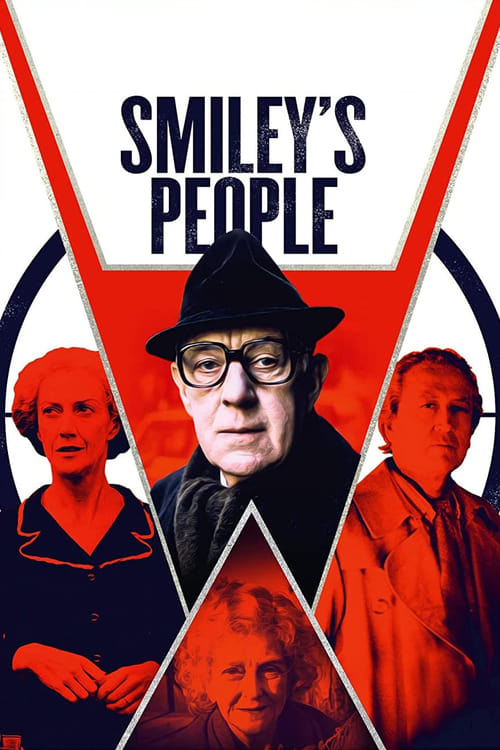
Smiley's People
Called out of retirement to settle the affairs of a friend, Smiley finds his old organization, the Circus, so overwhelmed by political considerations that it doesn't want to know what happened. He begins to follow up the clues of his friends past days, discovering that the clues lead to a high person in the Russian Secret service, and a secret important enough to kill for.
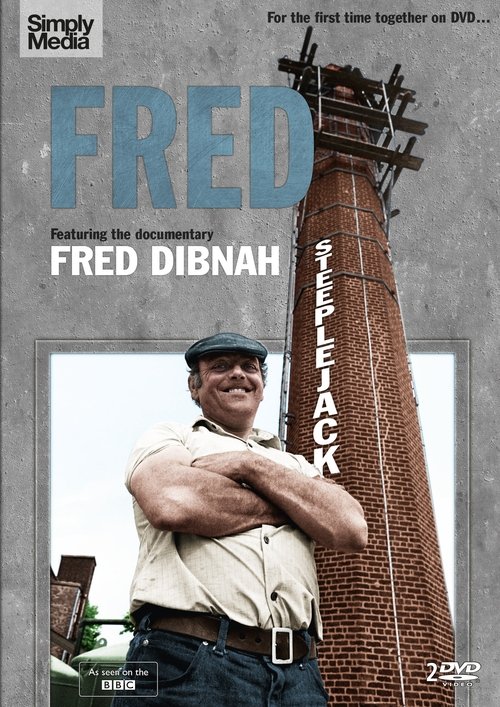 0
0Fred
Seven-part series about steeplejack Fred Dibnah

Food and Drink
Food and Drink is a long-running British television series on BBC Two. First broadcast between 1982 and 2002, it was the first national television programme in the UK to cover the subject of food and drink without cookery and recipe demonstrations. Created in 1982 by BBC producer Henry Murray from an original idea by Jancis Robinson, Fay Maschler and Paul Levy, the first series was presented by Simon Bates and Gillian Miles, and introduced Jilly Goolden in her first regular television appearances as the programme's wine expert. Russell Harty presented filmed location reports from exceptional restaurants around Britain. This series featured the innovative idea of a small contributing audience of 20 people who were called "tasters and testers". The first series broadcast in the summer months but was instantly successful, drawing an average audience of 1.5 million a week, a high rating for BBC Two in the summer in the 80s. Later series were presented by Chris Kelly and chef Michael Barry with wine experts Jilly Goolden and Oz Clarke. A spin-off panel game, Food and Drink Summer Quiz, aired during the main show's summer break in 1987. The theme music was by Simon May. Food and Drink returned to BBC Two on 4 February 2013 co-hosted by Michel Roux Jr and Kate Goodman.